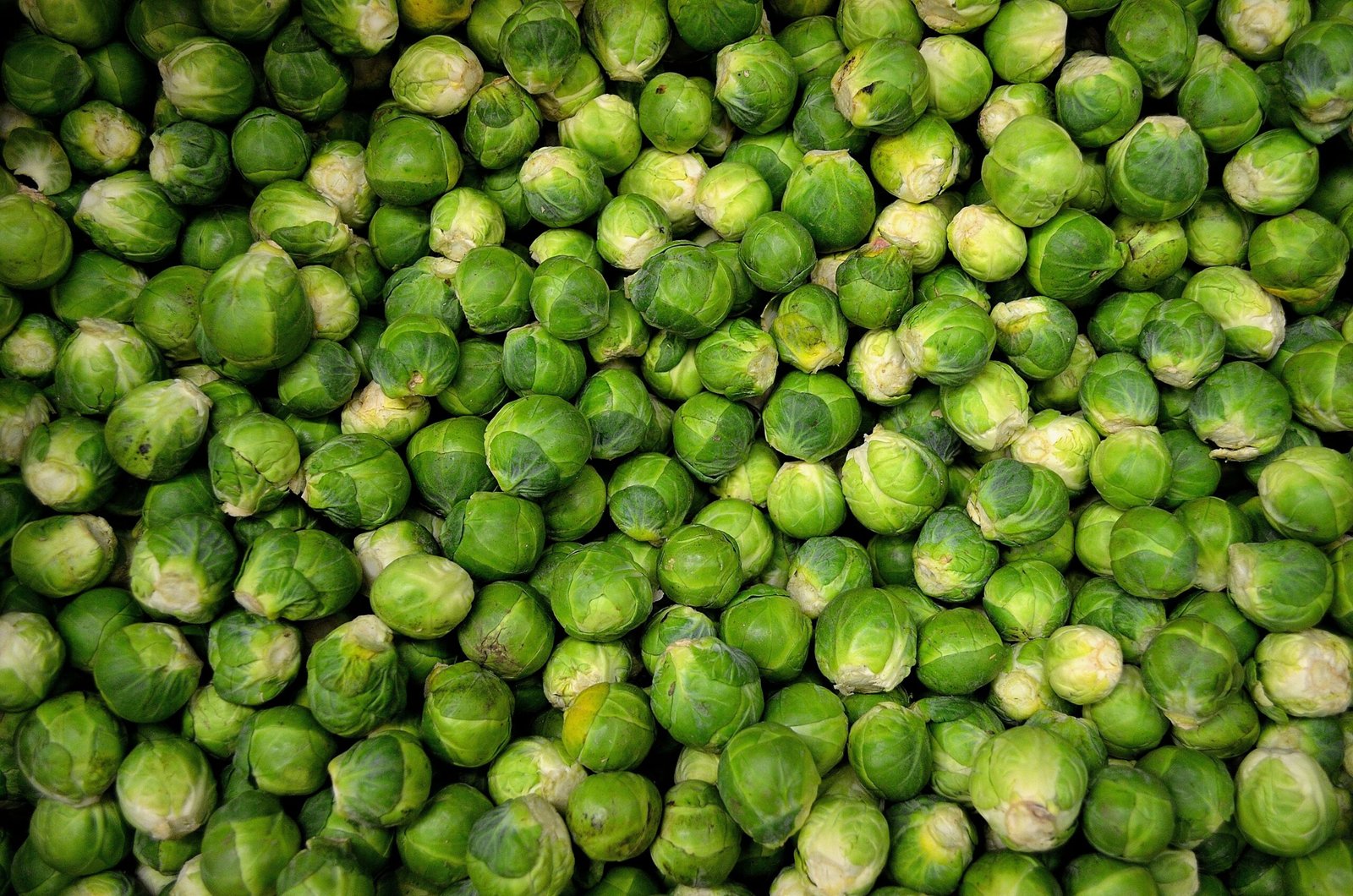🥬 Brussels sprouts, often a dreaded sight on the dinner table for kids and adults alike, are actually little powerhouses of nutrition and health benefits. These miniature cabbages, belonging to the Brassica family, are not only versatile in the kitchen but also bring a host of surprising health benefits to your diet. Let’s unravel some of these benefits backed by scientific research.
1. Cancer Prevention:
One of the most significant health benefits of Brussels sprouts is their potential role in cancer prevention. Research has shown that the trace chemicals responsible for the bitter taste of Brussels sprouts are associated with cancer-preventive properties. This is particularly important in the context of modern food processing, where bitterness is often removed for taste, potentially reducing the health benefits of these vegetables (Chaffey, 2001)
2. Reduction of Oxidative DNA Damage:
Brussels sprouts have been found to reduce the levels of oxidative DNA damage in humans. A study involving the consumption of Brussels sprouts showed a decrease in the levels of 8-oxodG, a marker for oxidative stress and DNA damage, in human urine. This suggests that Brussels sprouts can play a role in protecting the body against the effects of oxidative stress, a factor involved in the development of various diseases, including cancer (Verhagen et al., 1995)
3. Protection Against DNA Damage from Carcinogens:
In another study, the consumption of Brussels sprouts was found to protect lymphocytes, a type of white blood cell, against DNA damage caused by PhIP, a carcinogenic compound. This indicates that Brussels sprouts can contribute to the body’s defense mechanisms against certain types of carcinogens (Hoelzl et al., 2008)
4. Rich in Antioxidants and Vitamins:
Brussels sprouts are a rich source of antioxidants, carotenoids, fiber, and other essential nutrients. They contain high levels of vitamins such as alpha-carotene, beta-carotene, alpha-tocopherol, gamma-tocopherol, and ascorbate. These compounds are known to act as antioxidants and may protect against several degenerative diseases (Kurilich et al., 1999)
5. Elevated Glutathione S-Transferase Levels:
Consumption of Brussels sprouts can lead to elevated levels of alpha-class glutathione S-transferase in human blood plasma. This enzyme plays a role in detoxification processes and the findings support the hypothesis that eating cruciferous vegetables like Brussels sprouts may decrease cancer risk (Bogaards et al., 1994)
Conclusion:
In conclusion, Brussels sprouts are much more than a side dish on your dinner plate. They are a nutritionally dense food with potent health benefits, particularly in cancer prevention and reduction of oxidative stress. While they may not be everyone’s favorite due to their taste, their health benefits make them a worthy addition to a balanced diet. As with any dietary change, moderation is key, and incorporating Brussels sprouts into your diet can be a step towards better health and well-being.
